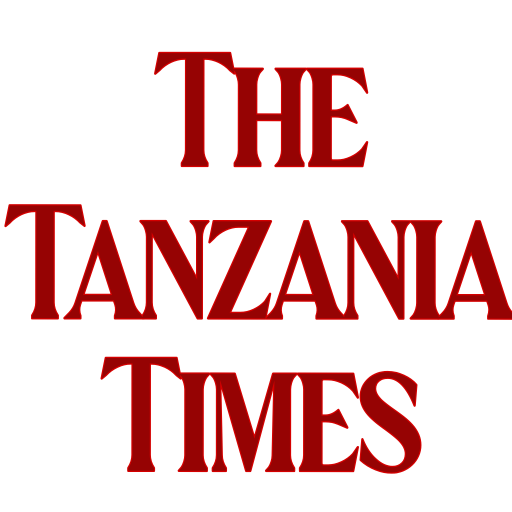Finally, the European Union has lifted the financial restrictions that it had enforced on Burundi about seven years ago.
The EU had slammed restrictions on financial support to the Republic of Burundi amid deteriorating political situation that resulted from the country’s highly disputed presidential elections in 2015.
According to an official statement from the EU, the decision to lift the previously imposed restrictions on the tiny East African country follows the current peaceful political process in the country.

The European Union thus reaffirms its readiness to support ongoing efforts by the Burundian government to stabilize the country, strengthen democracy, to promote human rights and good governance, and to uphold the rule of law.
In reaction to that, the Secretary General for the East African Community Dr Peter Mathuki, lauded the European Union for lifting financial sanctions.
As far as Dr Mathuki is concerned, the decision by the EU will not only spur development in Burundi but also rejuvenate the integration process in the East African region.
“This is a positive development for both Burundi and the East African Community,” said Dr Mathuki.
Headquartered in Arusha, the East Africa Community comprises six member states, including Tanzania, Kenya, Uganda, Rwanda, Burundi and South-Sudan.
He pointed out that the positive move means that EAC Partner States will now move together in the implementation of EU-funded programmes.
The EAC Secretary General added that the EU decision to release Burundi from financial blackout also promotes harmony and synergy among the six Partner States, something that is indispensable for the integration process in East Africa.
Apparently, the European Union has consistently supported programmes and projects within the Community at both the regional and national levels, adding that the bloc was a trailblazer in regional integration.
Among the areas that the European Union is supporting the EAC are; capacity building, digital transformation and innovation, trade integration, governance, peace and security, migration and forced displacement, and environmental conservation and climate change.


